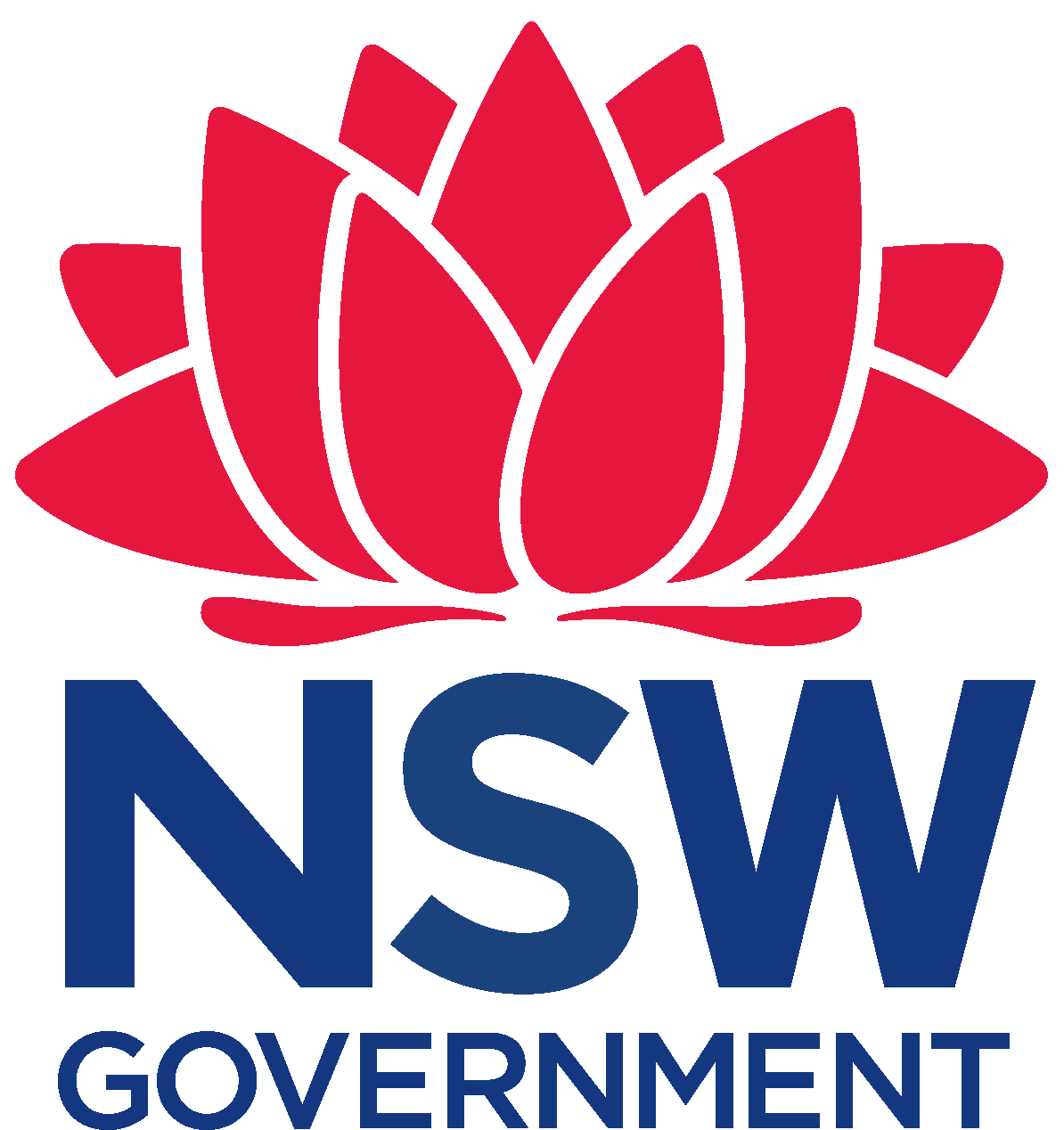Understanding what your best, worst and average cash outcome might be can place you in a powerful position. Creating one or several cash flow scenarios does not have to be a difficult task. With the right tools and assistance this can be a quick and easy process, giving you real insight into your financial future.
Cash flow budgeting helps you to understand the financial impact of your on-farm decisions. This improves decision making day-to-day, season-to-season and increases the likelihood of each decision being a profitable one.
Being uncertain about your financial future and how you are going to meet your financial obligations can be stressful and seriously impact your emotional, mental and physical health if left unchecked. A cash flow budget is a great way to better understand how far your money might take you in the short, medium and long term.
These days, having an up-to-date cash flow budget is necessary if you want to access new finance or tick off your annual bank review. There is a good reason for this; a cash flow budget helps you and your bank manager to work out how much money you might need in the future, how you are going to service your debt and meet your financial obligations going forward.
What Is Cash Flow Budgeting
A cash flow budget is a way of monitoring all cash coming into (+) and leaving (-) your business. It consists of the following:
+ Cash coming into the business from operations (e.g. sales, income)
+ Cash from capital assets sales (e.g. machinery sales)
+ Non-farm cash received if used to pay farm expenses (e.g. off-farm wages)
+ Cash in from financing activities (eg. new loan proceeds)
– Cash outflow from operations (e.g. cropping, livestock and overhead costs)
– Cash used to purchase capital assets (e.g. machinery & livestock)
– Cash out from financing activities (e.g. farm loan interest and principal repayments)
– Non-farm cash expenses including personal/family expenses
The result is your net cash flow. Your net cash flow needs to break even or show a surplus to ensure you can meet your financial obligations.
How is a cash flow budget different to your profit and loss budget?
It is common to be confused between a cash flow statement or budget and a profit and loss statement because they can be quite similar.
The two key differences are:
- A cash flow statement or budget does not include movements in non-cash items such as depreciation and inventory, but a profit and loss will.
- The cash flow statement or budget will record the cash leaving the business to purchase new capital assets, and cash coming into the business from new loan proceeds. The profit and loss will not.
What tools and assistance can help me get started?
When setting up a cash flow budget, creating something quick and easy that suits your circumstances often depends on the tools you use and assistance you get.
Microsoft Excel can be cheap to install and easy to use (with the right training). This is a great tool if you want a flexible template and you have the time to invest in training and setting up a template with your farm data. However, it is easy to make formula errors if you don’t have the right skills and training.
If you are not confident with Excel, farm management software often has a wide range of options and reports available, and it can be easy to use with less training and no formula errors. The downside is it may be more expensive to install and maintain.
If you are not confident with either of these options and you are time poor, another option is getting external assistance. Rural Financial Counsellors are skilled in cash flow budgeting and can assist with regular budget updates.
It’s all too easy to put cash flow budgeting in the ‘too hard basket,’ but setting up and regularly updating a cash flow budget is a great way to make your life easier. As a farming business owner, your risk of being unable to pay your bills when they fall due and ending up in financial hardship will be reduced.
Contact your local Rural Financial Counsellor or call RFCS NSW on 1800 319 458 to find out how we can help your business take advantage of the benefits of cashflow budgeting.



